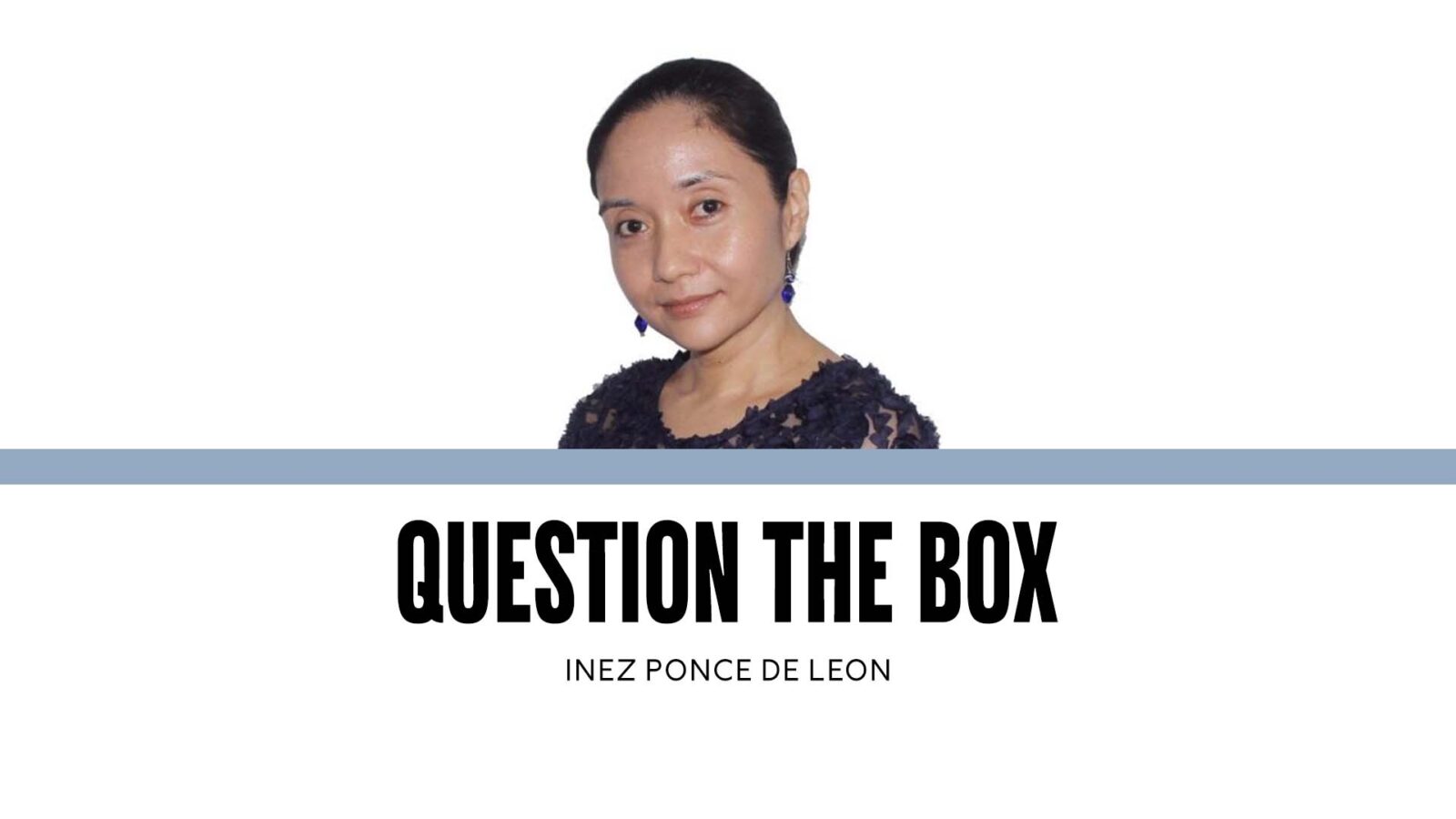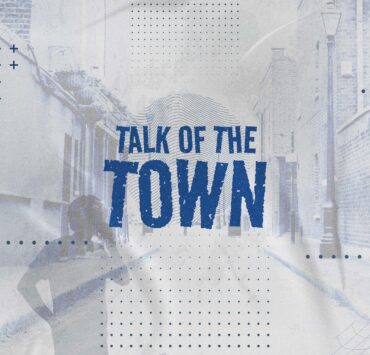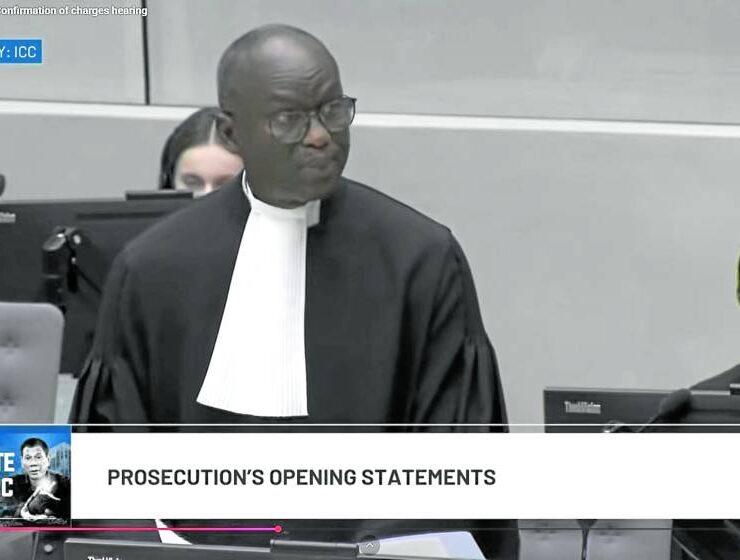Raising students for complexity

Every semester, we have a Faculty Day for university professors and teachers at Ateneo. Our activities vary from semester to semester (our favorite is when we get classes and sessions to do relaxing and/or fun things for free).
Last week, Faculty Day was meant for us to propose ideas for a strategic higher education plan that would last all the way through 2050. As part of the context setting, a faculty member from the department of political science talked about recent survey results, which showed that people want a strong president supported by both the House of Representatives and the Senate.
The survey also showed that people thought former president Rodrigo Duterte and the late president Ferdinand Marcos Sr. were the most beneficial for democracy.
It’s strange, really, that a dictator and a blundering strongman were rated highly, especially when a democracy has to do with negotiations, mutual respect, and civil liberties. A closer look, however, might also show how people construct the idea of strength: it does not refer to someone who is righteous, has weathered difficulties, or can manage people.
The notion of strength that a majority of people apparently value is the blunt enforcement of the law, so that a single person would have absolute power enough for others to simply obey. Such strength is patriarchal rather than discerning; such a president appears like an uncompromising father forever looking over the shoulders of undisciplined children in constant need of a beating.
This idea of a coercive democracy seems so outlandish, and yet it also looks like a simple wish: that people would just follow the law when told, that people are so robotic that they would need no other impetus but orders.
This myth of the simplicity of existence, or the wish thereof, seems to permeate everything we say and do nowadays.
I’ve seen people write online about their hope for a “simple woman with no baggage” or a “simple man with no trauma,” as though people who have been hurt and are healing are unworthy of being loved, let alone understood.
I’ve seen people want a “simple life,” equating it with living as far away from the city as possible, as though there were no complications of note outside urban spaces—as though those who live in the provinces have no problems worthy of being considered, let alone solved.
I’ve seen so-called lawmakers asking for a simpler school curriculum, proposing the removal of subjects without first asking why such subjects need to be taken, as though the school were meant to address a world of clearly-defined, one-source-one-impact problems.
This one might be understandable, because many of the subjects that are facing removal also have to do with long hours of thinking and discernment, and it is these long hours that are perhaps making people afraid that we are forcing students to spend too much time in a nonspecialty.
I had one such exchange with faculty members weeks ago, when we discussed the liberal arts curriculum. An English literature teacher acknowledged that the heavy workloads that students face, alongside their involvement in student organizations and long commutes, also keep them from having free time to think through ideas and consider alternatives.
Students ended up having only compliance and ad hoc memory as a skill, “Enough to pass an exam, but gone after a [semester],” my fellow educator said.
Nevertheless, we owe it to the next generation to design and provide classes that will help them think, write, and reason, even if such classes take time, and we hope that students learn to use their time efficiently.
A suggestion came from another fellow faculty member, this time from our business school: have the liberal arts classes explicitly address students’ specializations, so that students aren’t left on their own to figure out the link between the liberal arts curriculum and their future work.
The solution, therefore, is not to throw out liberal arts classes, but to make their connection to different fields more overt—and to encourage discussions that will help students unpack difficult ideas and uncover how different fields intersect with each other in the real world.
On Faculty Day, we also got the reminder that our problems are multipronged, changing across space and time, and requiring different fields to come together as equals to define the problem and propose solutions. This is transdisciplinarity: moving past the silos of knowledge and acknowledging the intricacy of the human experience.
We know the feeling of this complexity every day: we make decisions based on an entanglement of knowledge, emotions, previous experience, and imagination; we consider economy, convenience, and quality when we make purchases; we love those who are different, or try to, as we dig through their characteristics to find where their lives meet our own.
So why are we so intent on simplifying everything, and on prizing simplicity, when our reality is just so richly complex?
Why are we so intent on being blind and unjust to the beauty of our own complex lives?





















Trump’s search for a Nobel Peace Prize